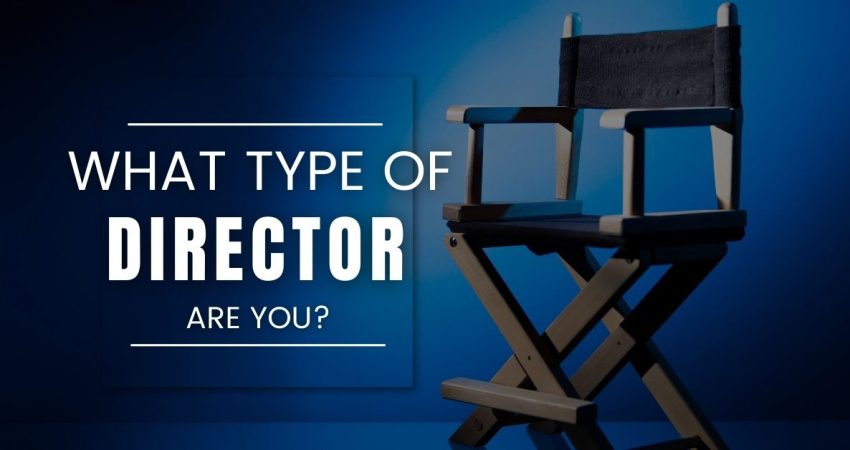There are a variety of styles when it comes to taking the helm of a production. What kind of director are you? Which one suits your students best?
“Do as I say” – Dictator
This type of director has a very specific (and sometimes narrow) vision of how the process will unfold; they do not seek entry. The repetitions are well defined, the blocking is well thought out, the vision is well managed. The actor in the series directed by dictators does not have many opportunities to offer suggestions.
Does it help or hurt students?
Sometimes students need specific and narrow direction. When you’re working on a long piece and run out of time, your lead is sick and your ensemble doesn’t remember that locking, specific, narrow direction is a must. In this context, “dictator” does not mean cruel! I’ve seen dictator directors succeed in high school scripts. That being said, I never like the “no input from anyone” scenario.
“Let’s invent together!” — The improviser
This type of director comes to rehearsal with few or no roadblocks and few notes, but many ideas. They are eager to collaborate with the cast. They improvise scenes between characters, have actors improvise blocking, and use lots of drills. Everything evolves and changes throughout the rehearsal. The actor’s input is the key to the success of the Improviser’s Director.
Does it help or hurt students?
It depends on the students. If your group has a lot of improv practice, it could work as a great transition to something more structured. It can be a thrilling experience for actors and directors as everyone works together in the creative process. As an actor, I’ve been in amazing performances using this process…and some that were less than amazing, too.
Everyone needs to be on the same page and willing to do the same amount of work. You can have problems when you have an unbalanced distribution. As a director, it has been my experience that throwing students into an improv situation can be hit or miss. Great if they’re independent, but not so great if they’re not. Problems also arise when the improv director can’t contain the creativity and moves toward a finished product. The messy process doesn’t help anyone, and the rehearsals can run in circles. In a high school, the improv director always needs a “Plan B.”
“Let’s be creative, but I’m the boss.” — The visionary
This type of director enjoys the creative process and wants to hear from the actors, but is ultimately the one in control of the production. The best kind of Visionary is able to effectively communicate their vision and get everyone on board so they don’t have to “be the boss”. Everyone moves towards the director’s vision on their own steam. They bring their own ideas to serve the bigger picture.
Does it help or hurt students?
Creativity within a structure can be amazing. Problems usually occur when the directory is inconsistent. You can’t ask actors for input, then shut them down and refuse to implement their ideas. It’s a quick way to lose confidence. Problems can also arise when the director is eager in communicating the vision. An actor can’t effectively create in your vision if they don’t fully understand it.
‘Fight me!’ — The pusher
This type of director thrives on confrontation. They feel, rightly or wrongly, that the only way to get the right reaction from a character is to push the actor. This can happen in a positive way through questions and discussions. The best Pusher doesn’t mind when an actor disagrees or rejects. But unfortunately, Pushers can stretch actors too far.
Does it help or hurt students?
There is nothing wrong with encouraging a student to push beyond their comfort zone. Also, there is nothing wrong with debating a character or a moment. This can be an interesting part of the process. But pushing students emotionally just to achieve a certain type of performance is painful and unnecessary.
What is the “best” type?
So which is the best? Which is the worst? It depends on your students. A few of each type of director, depending on the play and the situation, can bring out the best in each.
Click here to download a free teacher reflection on different director styles
Want to learn more about our newest pieces, resources, and giveaways?
Get on our list!

